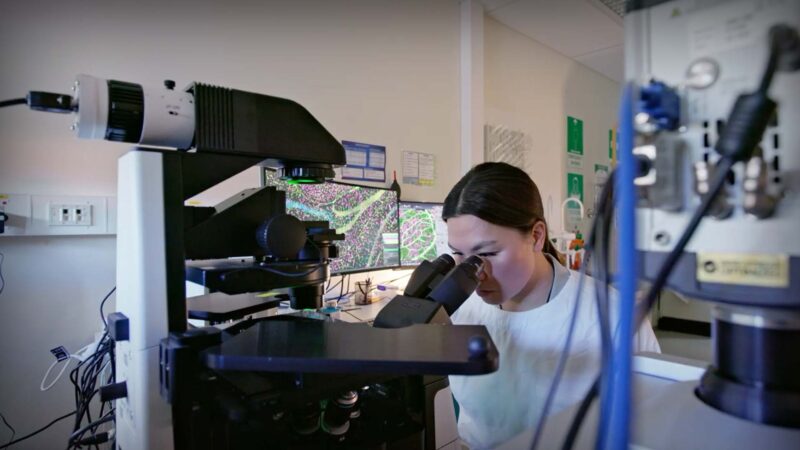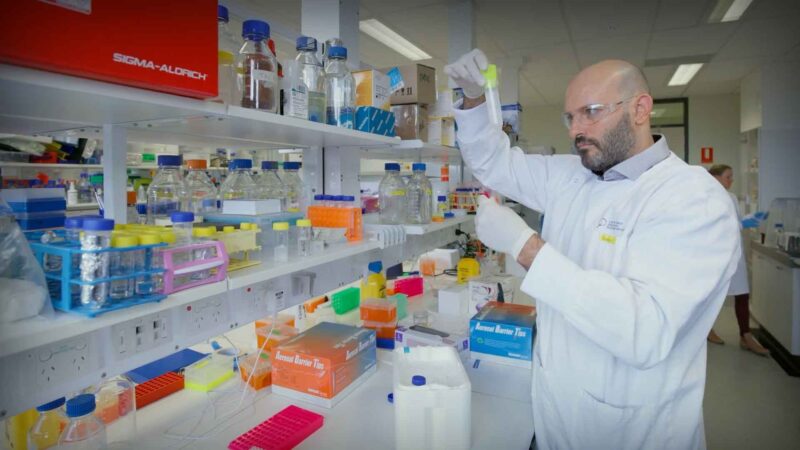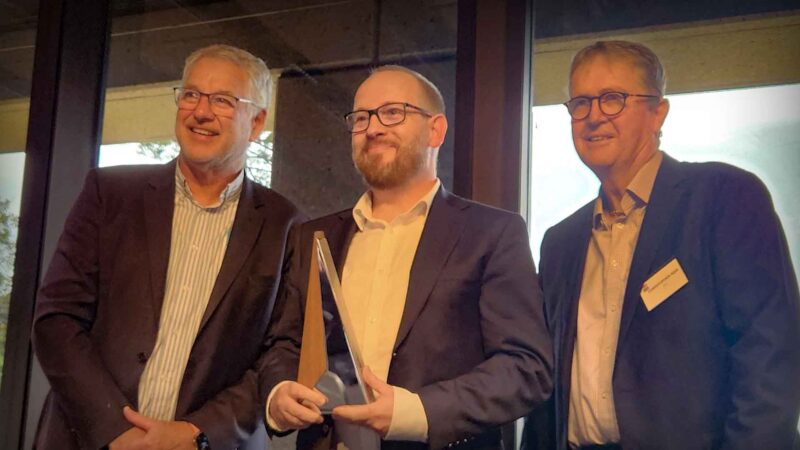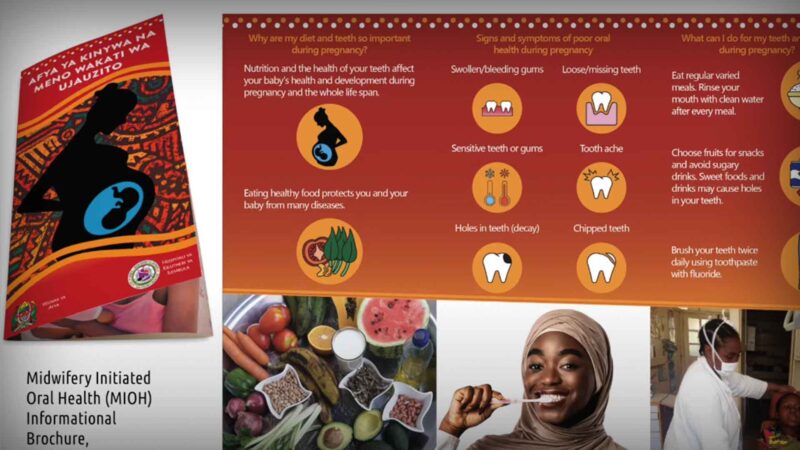Nutraceutical and pharmacological intervention in neurological disorders
Dr Virginie Lam is a neuroscientist and cerebrovascular biologist with over 15 years of research experience, including more than seven years post-PhD. She co-leads the Neurovascular and Metabolic Diseases Laboratory at the Curtin Medical Research Institute and holds an affiliate appointment at the Perron Institute for Neurological and Translational Science. Her research focuses on the interface between neurovascular health, cognitive function, and therapeutic translation in neurodegenerative disorders.










